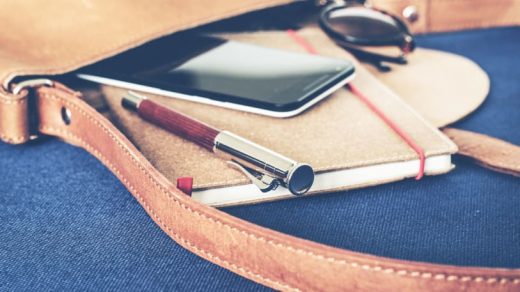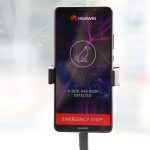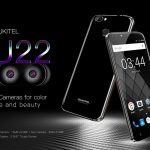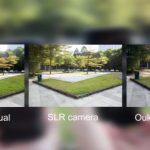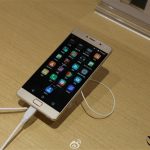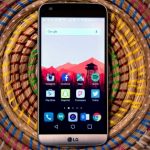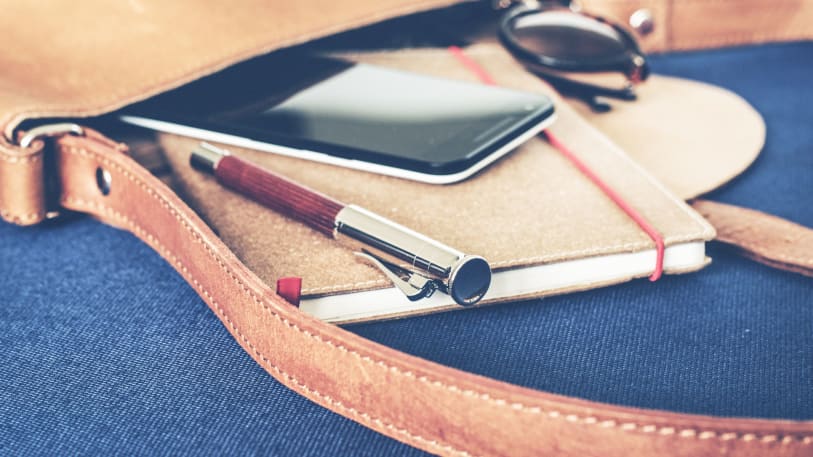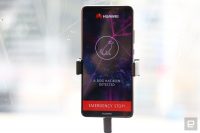What Happened When I Ditched My Smartphone For A Paper Planner
Japan and China may have a reputation for being technologically advanced, but recording appointments and to-dos with pen and paper is long-held tradition in Asia. There is also evidence that it’s gaining popularity with millennials there as sales of paper planners have increased in the last few years.
Increasingly, the trend is catching on in the West among younger people. As a matter of fact, some adherents to the pen-and-paper planner culture are so fervent in their use that they post videos giving the world a tour of how they organize in their diaries.
Even some of my colleagues at Fast Company have become paper planner devotees. “My grandfather used to carry a small pocket diary, and when he died, we found decades of them in his drawer,” says Fast Company copy editor and writer Michelle Lewis. “I’ve adopted his method of recording appointments and events. I indulge in a Smythson Panama diary every year. It’s light, compact, and beautifully crafted. As all my correspondence and work is now online, keeping track of my activities on paper allows me to feel like I still retain a bit of old-fashioned control, on my terms. I don’t go anywhere without it.”
Anjali Khosla, editor of Fast Company Digital, says, “
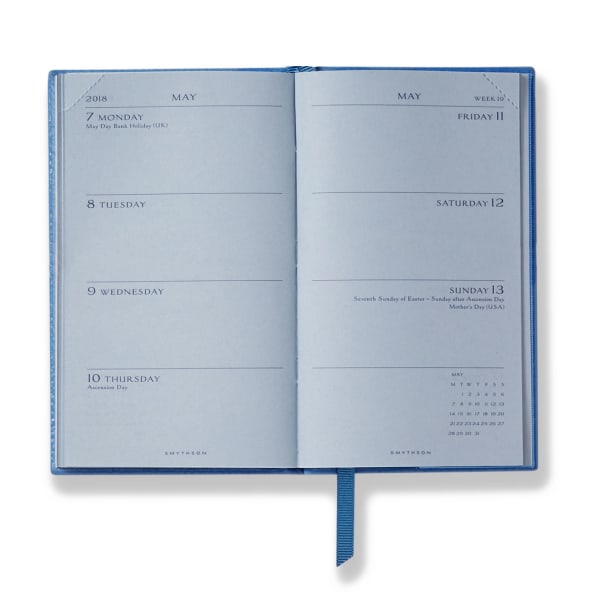
Hearing how much people who have ditched planning apps love their pen-and-paper planners, and reading that the best way to remember things is to write it down by hand was all the prompting I needed to give up planner apps and try it out for two weeks. I didn’t ditch my smartphone entirely as I’ve done in the past (only to find out I couldn’t live without it). This time around I ceased using Calendar, Notes, and Reminders on my iPhone and computer in favor of a simple $ 7 weekly planner. Here’s what I discovered.
It Was Easier To Plan And Remember Appointments
As far as organizing and planning my life, I generally stick to three apps on my iPhone and Mac: Reminders, Notes, and Calendar. All work exceptionally well, making it quick and easy to mark important times and dates and jot down notes and other information. I originally thought pen and paper would be an inferior planning experience. After all, my paper planner can’t ping me when the next meeting is 30 minutes away.
But what I found is that after a few days of using a paper planner, I didn’t need those notifications anymore. The physical act of flipping back and forth between my planner pages for the week ahead seemed to have an effect on my memory, making it easier to remember the sequence and times of upcoming events.
Scientists have discovered that the brain seems to create mental maps of information spread over multiple pages of a book. As Scientific American reports:
Beyond treating individual letters as physical objects, the human brain may also perceive a text in its entirety as a kind of physical landscape. When we read, we construct a mental representation of the text in which meaning is anchored to structure. The exact nature of such representations remains unclear, but they are likely similar to the mental maps we create of terrain—such as mountains and trails—and of man-made physical spaces, such as apartments and offices.
Both anecdotally and in published studies, people report that when trying to locate a particular piece of written information they often remember where in the text it appeared. We might recall that we passed the red farmhouse near the start of the trail before we started climbing uphill through the forest; in a similar way, we remember that we read about Mr. Darcy rebuffing Elizabeth Bennett on the bottom of the left-hand page in one of the earlier chapters.
I Took More Detailed Notes
Another thing I noticed was that I took much more detailed notes in my paper planner than I usually do in the Notes app, or in the notes section that most calendar apps provide. I didn’t set out to do this, but once I began to scribble a note for a meeting by hand, I found more ideas relevant to the meeting or subject at hand popping into my head.
Again, this is an experience that science backs up. As Maud Purcell, a psychotherapist and journaling expert, told me when I interviewed her about the benefits of journaling: “I find that most of my patients intuitively know that hand writing their thoughts in a journal is more effective than composing them on a laptop. That said, there’s research to support this. It appears that writing stimulates an area of the brain called the RAS (reticular activating system), which filters and brings clearly to the fore the information we’re focusing on.”
Indeed, writing notes for a meeting in my paper journal versus typing them out on a touchscreen keyboard made it easier to focus on and extrapolate my thoughts.
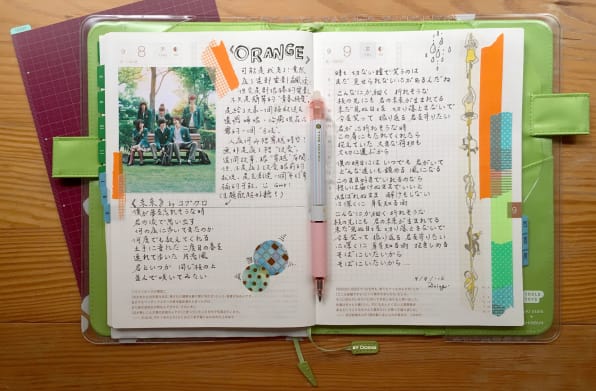
It Was A Pain To Remember To Take My Planner With Me
That’s not to say that using a paper journal was all smooth sailing. There were quite a few times I forgot to take my planner with me. Where making sure I had my smartphone slipped into my pocket is now second nature, it was harder to get used to the fact that my agenda and notes were now separate. It’s a small complaint, but not my only one.
I also frequently come up with ideas for stories or think of an important point to note in the next meeting when I’m walking. My smartphone makes it easy to whip out my notes in a jiffy and enter a new point. Much of the time I can just dictate the new note into the smartphone so I don’t even need to stop walking or look at my screen to write it down. With the paper planner, it was annoying to have to find a pen and write in the journal while standing in the middle of the sidewalk on a busy city block.
It’s A Record Of Your Past
Entering appointments and reminders in various planning apps on a smartphone is generally something of an ephemeral experience. After I’ve finished a meeting, I usually delete it from my calendar app. Likewise, after I’ve addressed something in a note or reminder that I’ve jotted down, I delete it. On a digital device, this feels like a tidier way to keep things organized.
But with the paper planner, though I crossed some meetings off, I found it nice to be able to look back on my last two weeks’ activities. This is where the pen-and-paper planner becomes something different from the apps. It becomes not just a preview of our future, but a record of our past. And there’s something refreshing about being able to see just how much you’ve accomplished.
(90)

